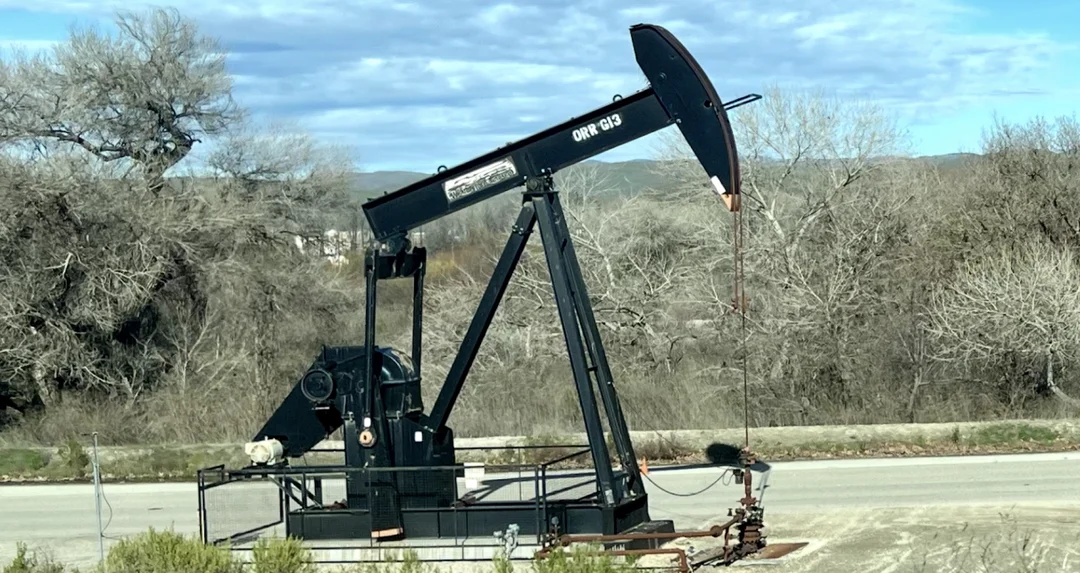
New Study: California’s High Gas Prices and Supply Dilemmas Are Self-Inflicted
A recent study has shed light on the reasons behind California's persistently high gas prices and ongoing supply dilemmas, attributing these issues largely to state-specific policies and regulations. The study, conducted by the California Globe, indicates that the state's stringent environmental regulations and taxes are major contributors to the elevated cost of gasoline.
California, known for its aggressive stance on environmental protection, has implemented some of the most rigorous fuel standards in the United States. These standards, while aimed at reducing emissions and promoting cleaner air, have inadvertently led to higher production costs for fuel. The study points out that these regulations limit the types of gasoline that can be sold in the state, reducing competition and driving up prices.
Moreover, the state's gas tax, which is among the highest in the nation, adds a significant surcharge to the price at the pump. The tax is intended to fund infrastructure projects and environmental initiatives, but it directly impacts consumers by increasing the cost of fuel. The study also notes that California's reliance on specific blends of gasoline, which are not easily interchangeable with those used in other states, exacerbates supply chain issues, especially during times of high demand or unexpected refinery outages.
The findings of the study have sparked a debate among policymakers and residents about the balance between environmental goals and economic realities. Some advocate for a reassessment of the state's fuel policies to alleviate the burden on consumers, while others argue that the long-term benefits of cleaner air and a healthier environment justify the current costs.
This issue remains a hot topic in California, with potential implications for future policy decisions and the state's approach to balancing economic and environmental priorities.